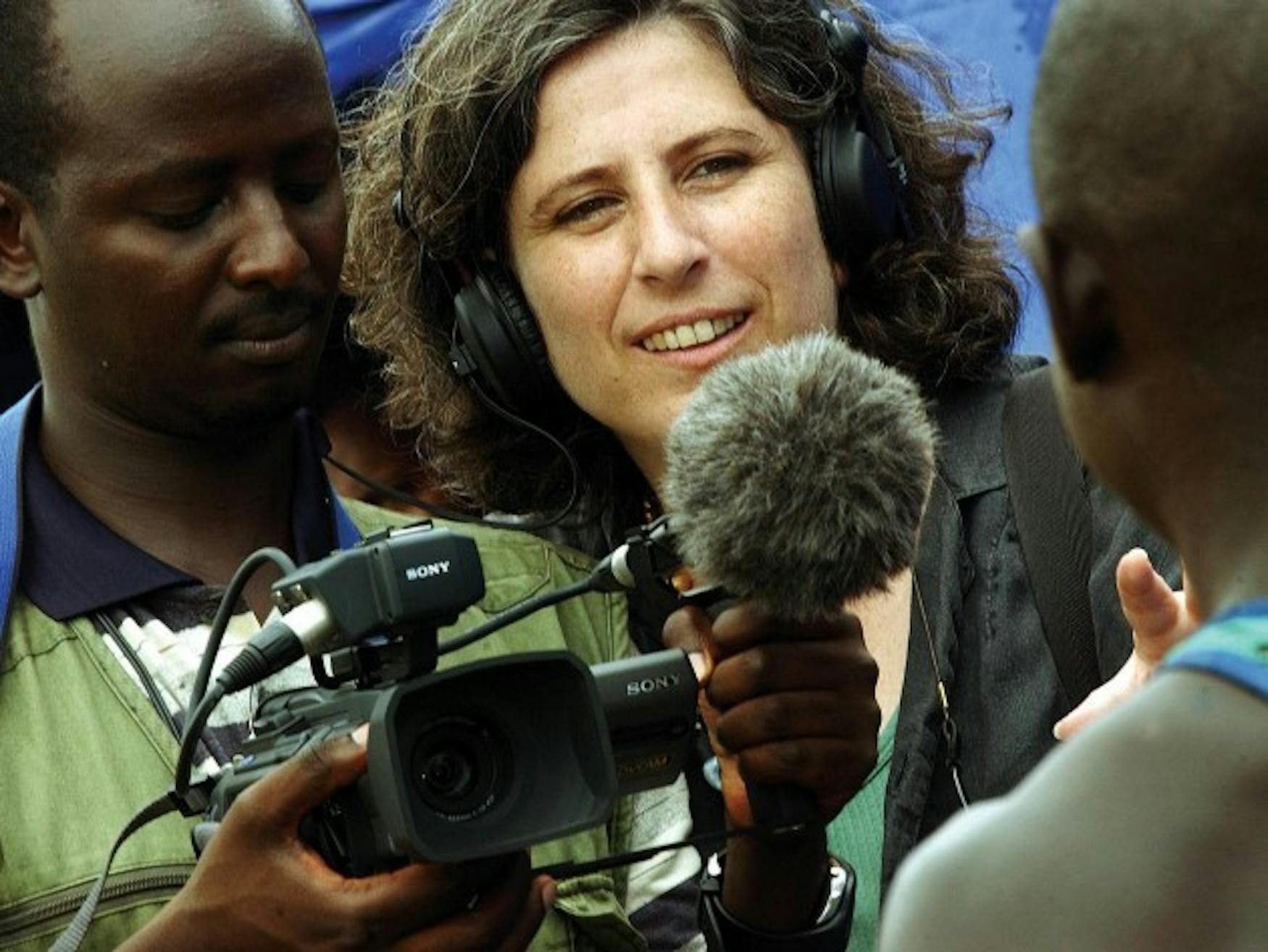Rwandans try to heal after genocide
Lush green grass sways in the breeze, majestic palms tower against bright blue skies, and the faint sound of birdcalls beats out a steady rhythm. This landscape appears to be the epitome of tranquility and peace, but in actuality, it is the scene of one of the worst tragedies of our time.
In the 1994 Rwandan genocide, over 800,000 people were killed in less than 100 days. The raging conflict between two ethnic groups, the Tutsi and the Hutu, not only took lives but broke up families and communities, left the country's economy in shambles and resulted in nearly one million people dead and 100,000 imprisoned. In the face of these staggering numbers, a conventional approach to reconciliation between the country's ethnic groups would have been in vain; Rwanda had to think of a creative approach to repair its broken society.
The unique approach is documented in the film My Neighbor, My Killer, which was screened as part of the International Center for Ethics, Justice, and Public Life's "Enacting Justice in the Wake of Violence" program last Tuesday. The film follows the struggles of the Rwandan community to release and subsequently integrate over 100,000 prisoners back into their society. The release resulted in a very difficult transition for both perpetrators and victims of the genocide. The Rwandan government established local open community courts, in which the released prisoners confessed their crimes and were then forced to personally apologize to their victims and their victims' families.
The communal aspect of this process was clearly important to the participants. One Rwandan woman in the film said, "Your lawyer will be your neighbor, your judge will be your neighbor, and your prosecutor will be your neighbor."
Kochava Ayoun '14, who works as an event coordinator at the International Center and attended the screening, thought the film may have been difficult to understand for someone without a background in the conflict. "I found the film easy to understand, but only because it was quite similar to Fambu Tok, the second film we screened last week that dealt with Sierra Leone's grassroots reconciliation efforts after the war," Ayoun said.
"However, I don't think enough background on the conflict was given, nor enough cultural information, so people who are not familiar with the Rwandan genocide and their cultural customs probably would not understand the significance of these courts," she said.
After the film, a discussion was led by Jean Claude Mugunga, a Rwandan master's student in International Health Policy and Management. The discussion was extremely interesting because many Rwandans and Africans who watched the film had experienced the genocide and what preceded it first-hand. Mugunga shared his experience as a son of both a Hutu parent and a Tutsi parent and his view of the courts. Ayoun wasn't fully satisfied by the discussion: "I found the discussion after the film to be reflective of the conflict as a whole; confusing, complex and still so recent and raw that no bottom line can be drawn yet," she said.
This point is exactly the reason why these types of screenings and discussions are so important and beneficial to Brandeis students: Political and social issues that are occurring right now are the most important to understand and debate, because the end resolution of these conflicts has not yet been determined.



Please note All comments are eligible for publication in The Justice.